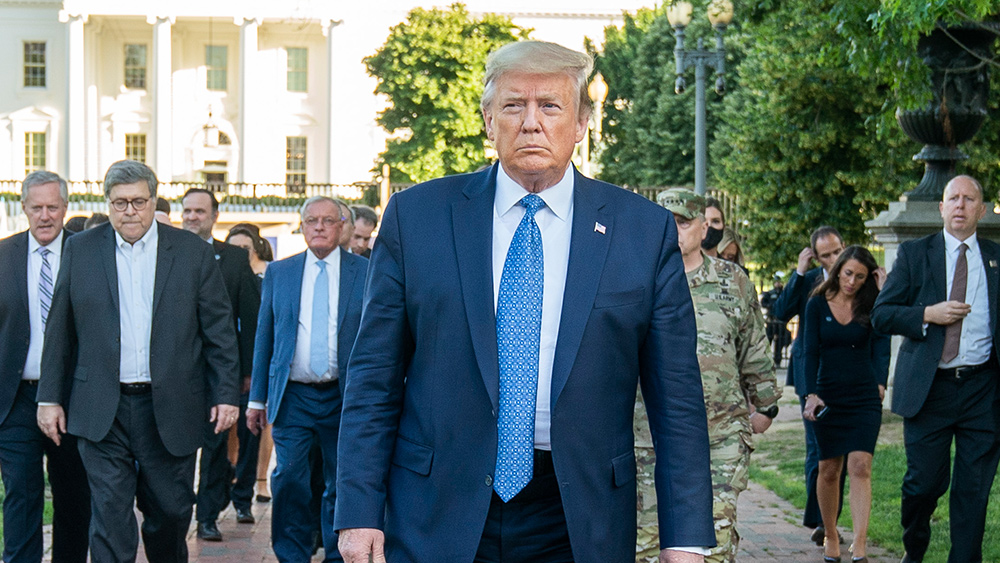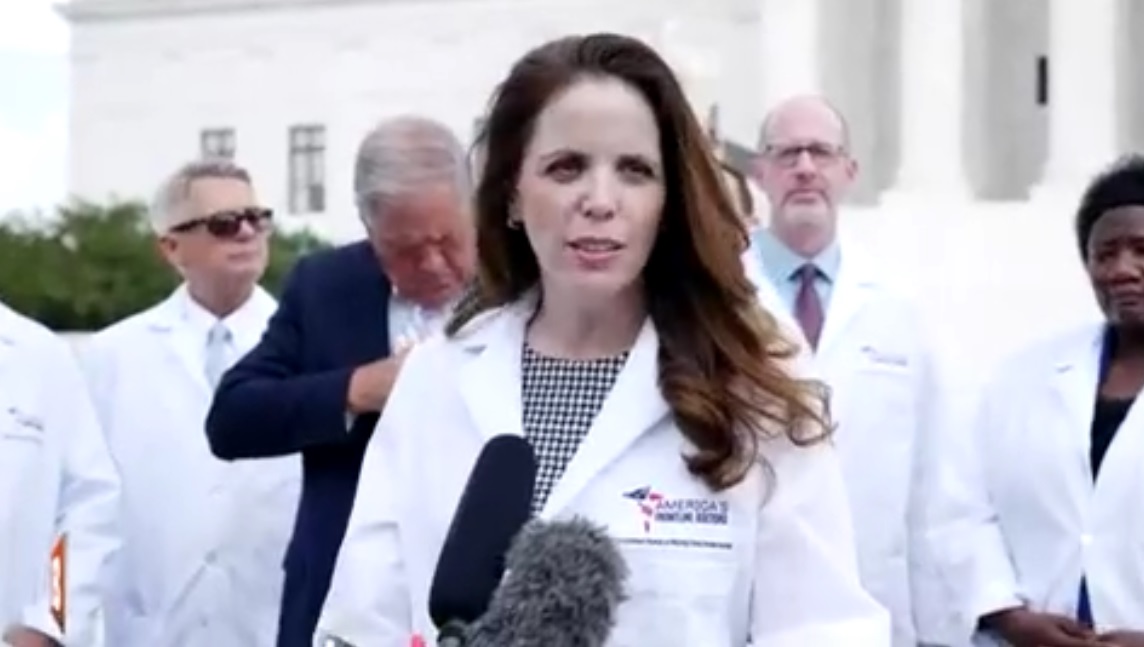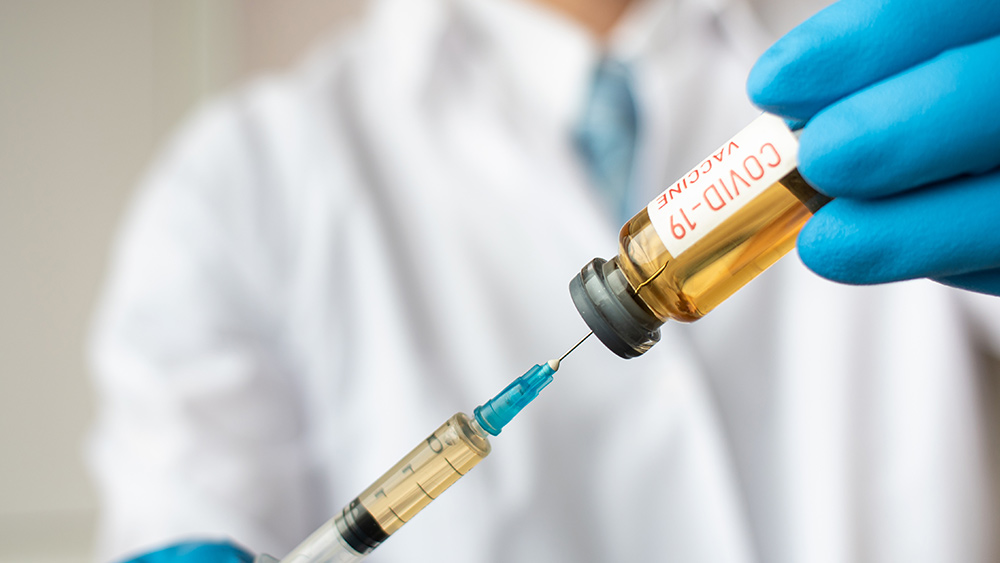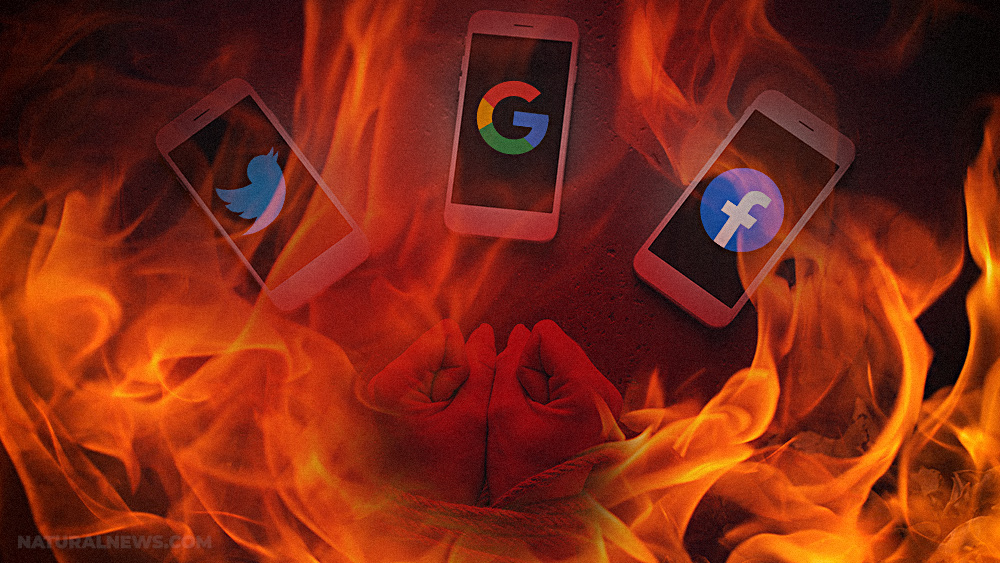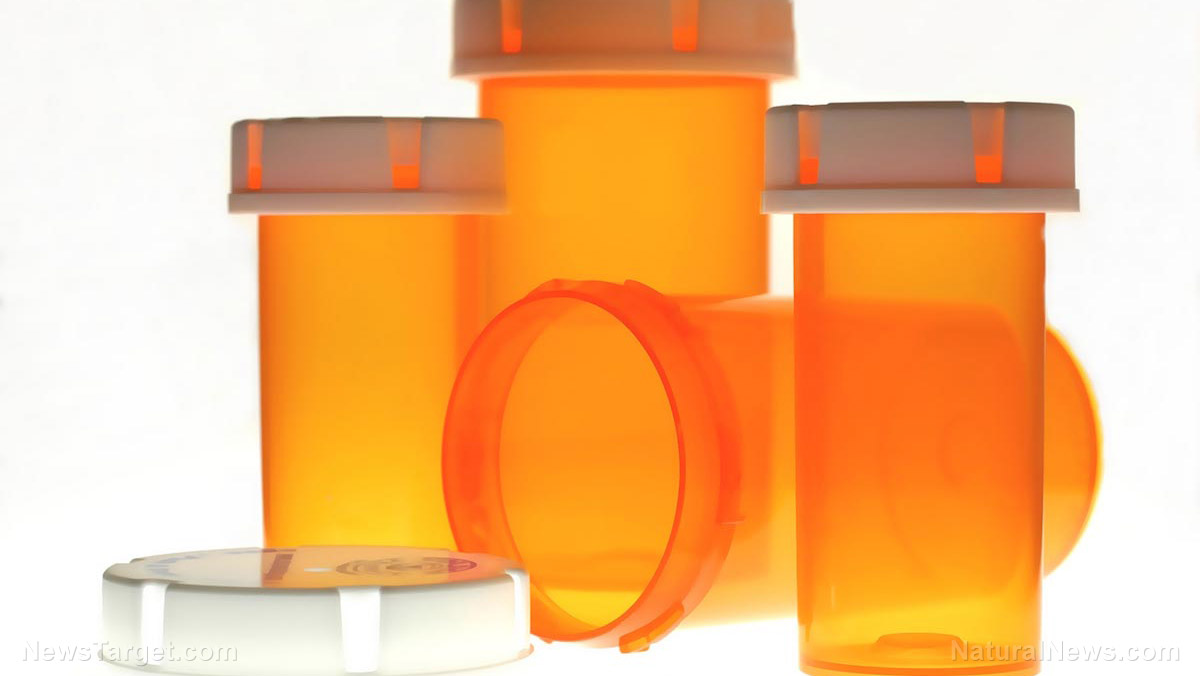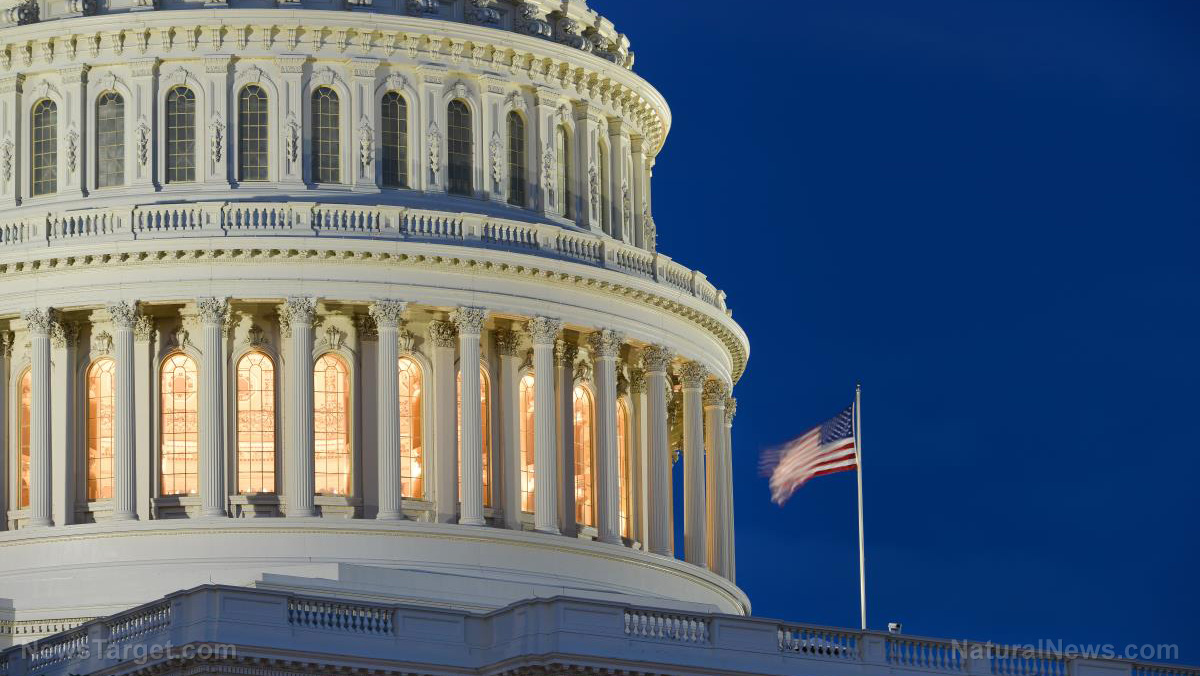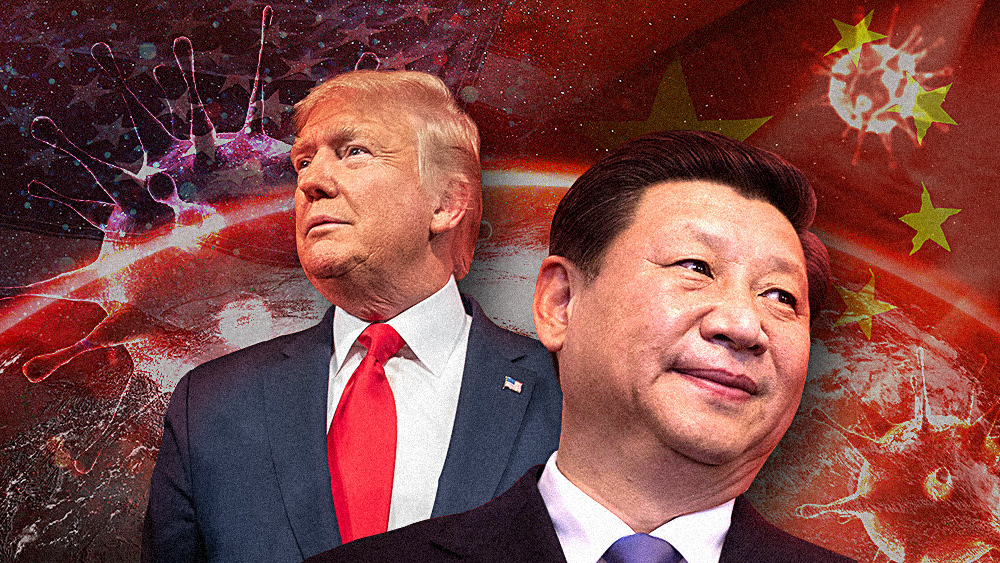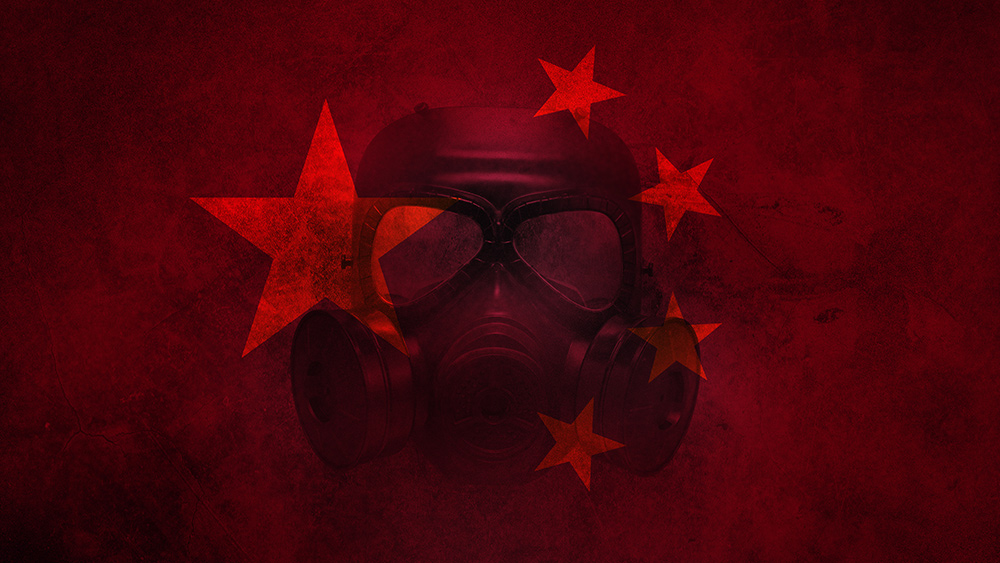Trump administration pays Sanofi and GSK $2.1 billion for coronavirus vaccine
08/06/2020 / By Ralph Flores
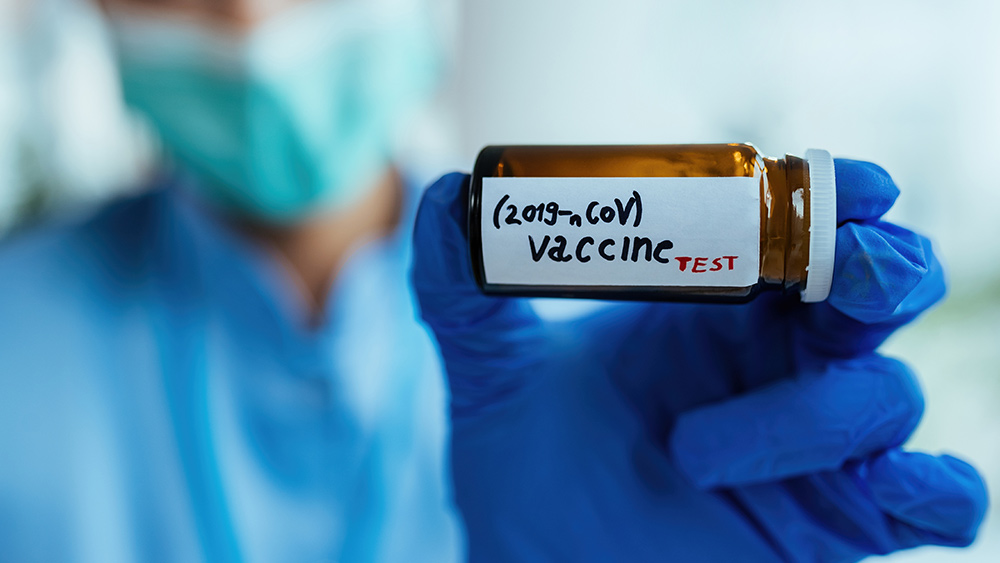
The Trump administration has agreed to pay Sanofi and GlaxoSmithKline up to $2.1 billion to develop and deliver 100 million doses of their experimental COVID-19 vaccine. In a statement, the companies said that more than half of the $1.5 billion would be used to develop the vaccine, which will include clinical trials. The rest will be for the manufacturing and delivery of the 100 million doses.
The majority of the funding will go to Sanofi as the group developed the vaccine candidate. The vaccine will then be paired with GSK’s adjuvant to improve its effectiveness. Under the agreement, the U.S. will have the option to order an additional 500 million doses.
The agreement is the administration’s latest undertaking under “Operation Warp Speed,” an initiative to deliver a certified COVID-19 vaccine by January 2021. The deal also brings total pledged to over $8.3 billion, the highest for any country or government, to date. It’s worth noting that pharmaceutical companies often work with government support, allowing them to get paid even if the vaccine fails.
“The portfolio of vaccines being assembled for Operation Warp Speed increases the odds that we will have at least one safe, effective vaccine as soon as the end of this year,” added Secretary Alex Azar of the Department of Health and Human Services.
Clinical trials for the vaccine developed by Sanofi and GSK is expected to start in September.
Aside from Sanofi and GSK, other companies that have secured U.S. funding for vaccine development include Moderna, Pfizer, Johnson & Johnson and Novovax. The World Health Organization reports that 25 vaccines are already in clinical development, and 139 are in earlier-stage research. (Related: “We have a winner”: Trump administration inks $1.95-billion coronavirus vaccine deal, forcing taxpayers to enrich evil pharma giants.)
More countries join rush for vaccines
The U.K. has also signed a similar deal with the two drugmakers last week, buying 60 million doses of the vaccine for an unspecified sum. The European Commission, meanwhile, is also in talks to purchase 300 million doses of the vaccine, which it plans to stockpile for its member states. The coordinated move is a first for Brussels since healthcare matters are often left to individual member states.
Today’s step with Sanofi is a first important cornerstone of a much broader European vaccines strategy,” said President Ursula von der Leyen in a statement. She also added that the EU was in advanced discussion with other vaccine makers.
Public health experts, however, are concerned that the rush to secure vaccines can mean a longer wait for poorer countries, some of which are among the areas hit hardest by the pandemic. In addition, the efficacy of the vaccines have yet to be proven in clinical trials, and telescoping testing times may even make the pandemic worse.
There’s also the concern that a fast-tracked vaccine means that it gets delivered to hundreds, even thousands, of people without a clear understanding of its side effects. For instance, a vaccine with serious adverse event risk of one in 10,000 may look insignificant, but when administered to a billion people, it means that 100,000 are affected. In May, the results of Moderna’s phase 1 vaccine trial revealed that four out of 45 people experienced “medically significant” adverse events.
“We won’t know about rare events until after the vaccine is licensed,” explains Dr. Gregory Poland, director of vaccines research at the Mayo Clinic.
An adverse event that’s particularly concerning is antibody-dependent enhancement, wherein the vaccine makes the virus much more dangerous. The condition has been seen in animal models infected with the original SARS virus. The antibodies produced after vaccination aren’t enough to neutralize the virus, so later exposure to the virus makes the infection worse.
There are now over 18 million coronavirus cases worldwide, and over 694,000 deaths, according to data from Johns Hopkins University.
Pandemic.news has more stories on the ongoing Wuhan coronavirus outbreaks.
Sources include:
Tagged Under: Big Pharma, China, coronavirus, covid-19, flu, infections, outbreak, pandemic, President Trump, superbugs, vaccine, vaccine wars, vaccines, virus
RECENT NEWS & ARTICLES
COPYRIGHT © 2017 WHITE HOUSE NEWS


